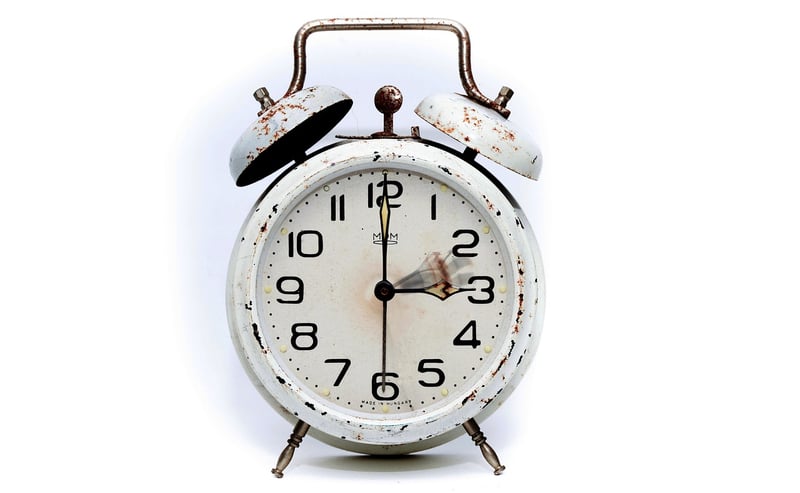Grandfather Paradox
Unraveling Time Conundrums: Exploring the Grandfather Paradox

Time travel has long been a fascinating topic in science fiction, often leading to mind-bending conundrums and paradoxes that challenge our understanding of the universe. One of the most famous paradoxes is the Grandfather Paradox, which raises intriguing questions about causality and the possibility of altering the past.
The Grandfather Paradox
The Grandfather Paradox is a thought experiment that explores what would happen if a time traveler were to go back in time and prevent their grandfather from meeting their grandmother, thus preventing their own birth. This paradox raises the question: if the time traveler's grandfather never met their grandmother, how could the time traveler exist to go back in time in the first place?
This paradox highlights the inherent contradictions and complexities that arise when considering the implications of time travel. It challenges the concept of linear time and suggests that altering the past could lead to logical inconsistencies and paradoxes.
Resolving the Paradox
Various theories have been proposed to resolve the Grandfather Paradox, including the idea of parallel universes or timelines. According to this interpretation, when a time traveler alters the past, they create a new timeline branching off from the original one, ensuring that their existence remains consistent.
Another proposed solution is the concept of "self-healing" timelines, where the universe corrects itself to prevent paradoxes from occurring. In this scenario, any attempt to alter the past would be futile, as the timeline would always find a way to ensure its own stability.
Time Travel and Ethics
Aside from the theoretical implications of time travel paradoxes, the concept also raises ethical considerations. If time travel were possible, how should we navigate the potential consequences of altering the past? Would changing historical events have unforeseen repercussions on the present and future?
Exploring these ethical dilemmas adds another layer of complexity to the already intricate subject of time travel, prompting us to reflect on the responsibility that comes with the ability to manipulate time.
Conclusion
While the Grandfather Paradox remains a captivating thought experiment, it also serves as a gateway to deeper discussions about the nature of time, causality, and the ethical implications of time travel. As we continue to unravel the mysteries of the universe, the enigma of time will undoubtedly persist as a source of fascination and speculation.
Image Source: Pixabay
